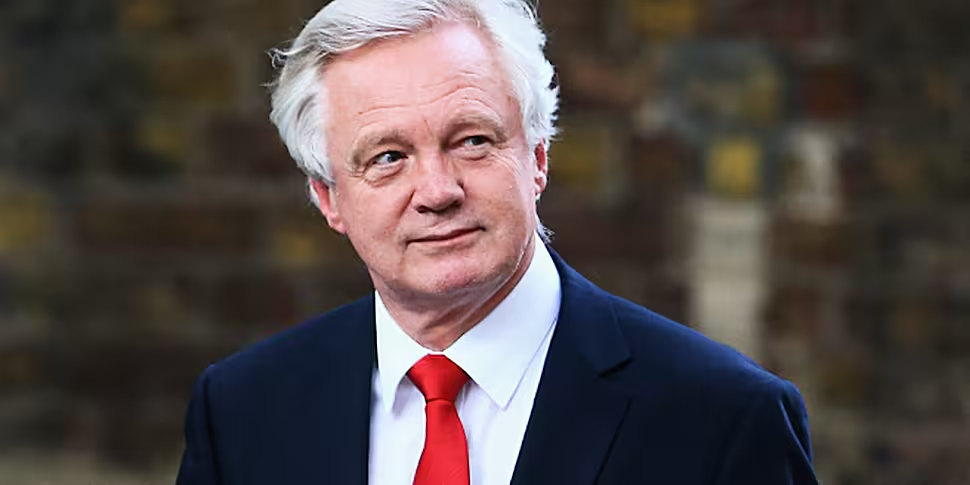The British government’s Brexit Secretary has insisted the UK will not be paying €100bn as part of its divorce settlement with the European Union.
The new figure - which is higher than previous estimates - reflects stricter demands by Germany and France, according to analysis by the Financial Times.
European Commission president Jean-Claude Juncker had previously said that Britain might be expected to pay as much as €60bn.
The Brexit "bill," often called an "exit bill," is more accurately characterised as the financial commitments to which Britain has already committed.
The €100bn figure has emerged as a result of EU member states maximising the liabilities Britain is expected to face.
EU farm payments, the bloc's subsidies paid to farmers and EU admin fees until the end of the decade have contributed to the higher figure as has an insistence by the EU that the UK will not receive a share of assets, such as real estate, as it leaves.
Britain's liabilities
Asked about the potential cost of the divorce settlement this morning, Brexit Secretary David Davis said: "We will not be paying €100bn."
"It was €50bn at one point, €60bn, €100bn, we have not seen a number," he said on ITV television.
"We have said we will meet our international obligations, but there will be our international obligations including assets and liabilities and there will be the ones that are correct in law, not just the ones the Commission want."
Unclear figures
A European Council source has told Sky News that no consistent figure is possible because it's not clear yet when the UK will actually leave.
"It's difficult to put futures on the table even if you wanted to because as long as the UK is a member, the figures will keep changing." the source said.
Two key figures in the negotiations are holding news conferences in Brussels today.
Guy Verhofstadt, the European Parliament's Brexit coordinator, will outline the parliament's strategy.
In a separate statement, the EU's chief negotiator Michel Barnier will unveil his draft negotiating mandate.
It is expected to include some assumptions on the financial commitments on the UK - both the size of the "bill" and whether an upfront payment is expected.
Deteriorating relations
The relationship between Brussels and London has deteriorated sharply over the past week, following a dinner at Downing Street hosted by Theresa May for Mr Juncker and Mr Barnier.
According to leaked reports, the dinner was a disaster with sources claiming the discussion showed the two sides were "galaxies apart" on Brexit.
Mr Juncker was quoted as saying that he'd left the dinner "ten times as sceptical as I was before."
Both sides have publicly denied the spat. On Saturday, Mr Juncker told Sky News the meeting went well.
"(It) was a very constructive meeting in a friendly atmosphere,” he said.
"Privately everything went well but in fact we have a problem because the Brit wants to leave the EU.
"It's not feasible that this can be done just like that; it will take time and we have to discuss a certain number of elements we will have to address in the coming months."
Chief negotiator
Mr Barnier may also clarify confusion over who will actually conduct the Brexit negotiations.
As part of her electioneering last week, Mrs May said that she would "personally negotiate Brexit with the Prime Ministers, Presidents and Chancellors of Europe."
European Council sources have previously told Sky News that some of the large Brexit issues would be handled at leader level - meaning the countries' leaders themselves, supporting Mrs May's claim.
However, Commission draft guidelines have stated that all the negotiations will be handled by Mr Barnier and his team and that no direct contact will take place between leaders.









